#epic the circe saga
Explore tagged Tumblr posts
Text
youtube
My thoughts are under the cut
Troy put on the costume!
1:45 Did they use the Holy Moly tea from the Gilded Teafling for the μῶλυ (moly)?
Kinda wish they'd attempt to turn up the brightness of the room
my personal favorite moments from the listening party/live stream
Jay cradling Mico in the horse and the infant and then dropping him off a roof:
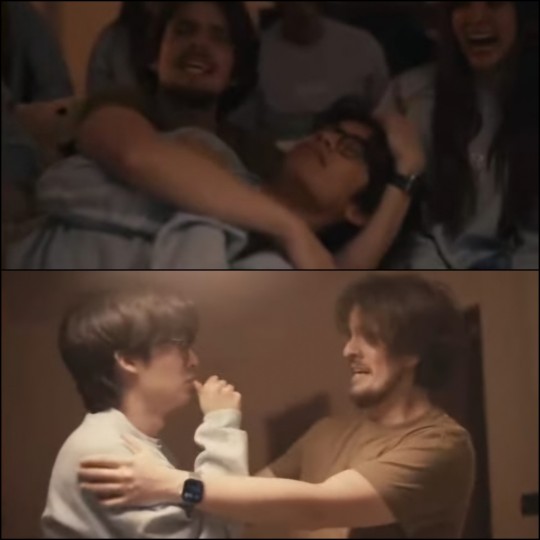
Luke as the cyclops terrorizing the soldiers with his club pillow:
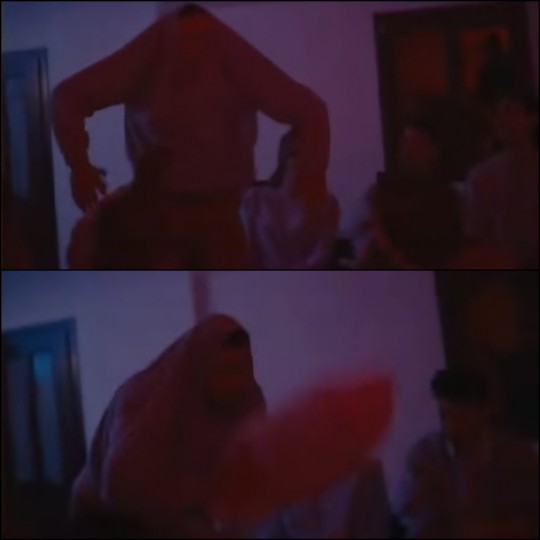
Mason pretending to be Poseidon with a FORK 🔱
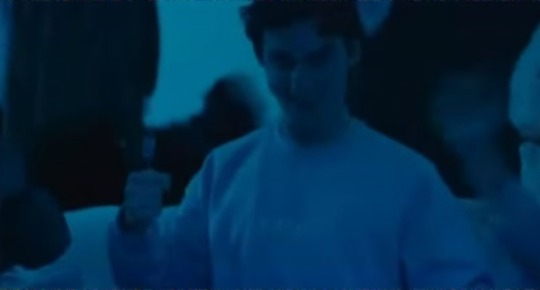
Jay and Talya being dramatic in their duet in Done For
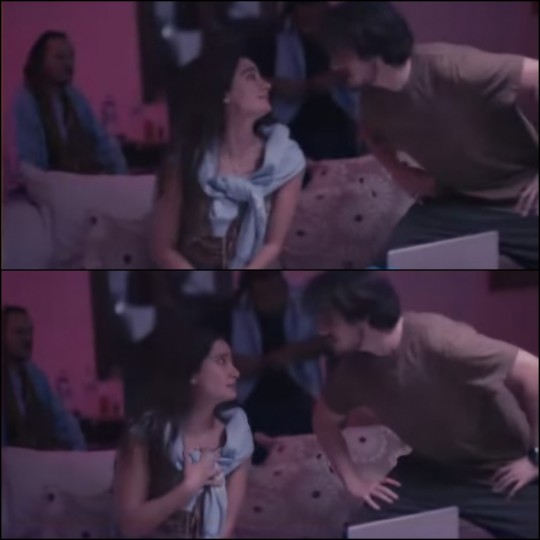
then switching their roles in "there are other ways" (Talya was singing ody's lines and Jay trying to seduce her as circe lmao)

Mason (??) dressing up like a ghost for Polites' part in "the underworld" and surprising jay 😭
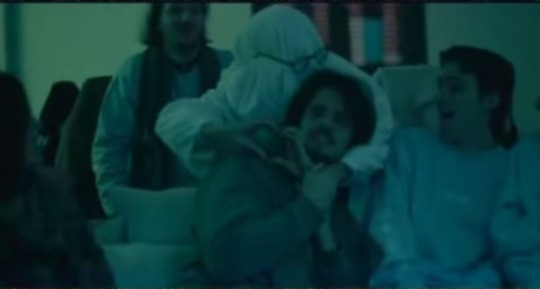
Jay and his mom during her part in "the underworld" 🥹❤️

Jay and Mason waltzing ???? while singing their duet in "no longer you" 😭😭😭
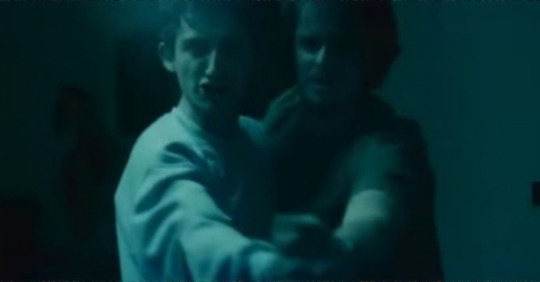
HE DID THE EAR THING WHILE SINGING "PENELOPE WHY YOU KNOW I'M TOO SHY👉👈"

them softies cried for the entirety of "I Can't Help but Wonder" 🥹🥹🥹🥹
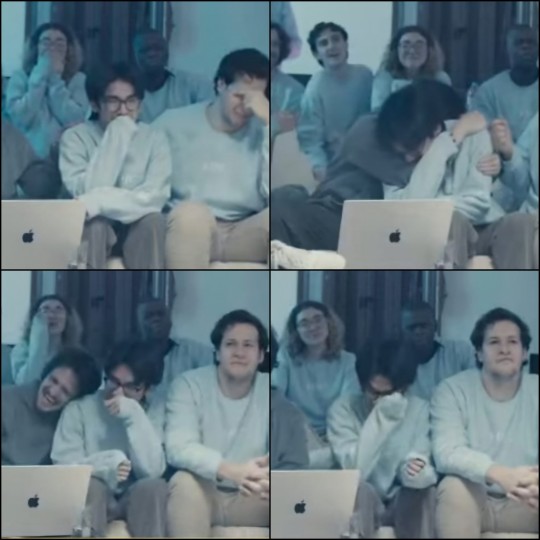
I LOVE THIS CAST SO MUCH
#epic the ithaca saga#ithaca saga#jorge rivera herrans#epic the musical#musesdaughter speaks#epic#Youtube#epic the musical cast reactions#circe saga#epic the circe saga#wouldn't you like
9K notes
·
View notes
Text

#epic the musical#odysseus#epic the ithaca saga#epic the circe saga#epic the musical fanart#jorge rivera herrans#shitpost
110 notes
·
View notes
Text
EPIC girls

#artists on tumblr#digital art#digital illustration#athena epic the musical#athena epic#epic the musical athena#the odyssey athena#athena#epic penelope#penelope of ithaca#penelope my queen#penelope odyssey#penelope i love u#penelope of sparta#circe epic the musical#epic the circe saga#circe the Odyssey#circe goddess#calypso#calypso epic the musical#calypso the odyssey#epic the musical#the odyssey#character design
91 notes
·
View notes
Text
Being a PJO fan and an Epic: the musical enjoyer means that there will always be songs that will make you think of a character in the Riordanverse.
In Ruthlessness (Ocean Saga),the whole verse with Poseidon dissing Odysseus's way of doing things can also be used for Ethan and Percy's mindsets,and how they approach the problem in a different way from the other.
Then we have Dangerous (Vengeance Saga) where Hermes share his plan to Odysseus,and I can easily imagine it as Nico telling Percy about his plan for the war against Kronos. And both Odysseus and Percy just agree to it without a question.
Keep your friends close (Ocean saga) it's literally Percy and Luke dynamic in the first ever book,especially at the end. Odysseus got betrayed by one of his closer friends,like Percy was betrayed and almost killed by Luke.
Listening to My Goodbye (Cyclops Saga) made me think of Annabeth and Athena relationship and their fall out,like Odysseus had with Athena.
In Odysseus (Ithaca Saga) I can totally envision Percy losing it after so many things that happened to him,either when he was in Tartarus or during TLO (the "no one touch her!" scene),like Odysseus did after he come back to a trashed home with his wife and kid in danger.
And many more. And of course,there are also other similarities too. Take the "all you gotta do is not open this bag" lyrics for example,you can also use them when it cames to Pandora Box in TLO. Ruthlessness can also be applied to Percy and Nico different way of dealing with an enemy,or Cupid straight up traumatizing Nico.
Then of course we have Polyphemus,the whole Circe Saga,Scylla,Love in Paradise and Charybdis,songs that have antagonists/characters we saw during the first 5 books. Literally SoM is just Annabeth and Percy going off on their own Odyssey.
It's a good time to be a mythology kid and fan of both of them.
#percy jackon and the olympians#percy jackson and the heroes of olympus#heroes of olympus#epic the musical#percy jackson#nico di angelo#luke castellan#ethan nakamura#annabeth chase#athena#poseidon#odysseus#hermes#analyzing the characters and their similarities#writing similarities#pjo fandom#rick riordan#jorge rivera herrans#musical#greek mythology#the odyssey#the songs in epic can be related to the pjo characters#no one can change my mind#scylla#epic the circe saga#calypso#polyphemus#percabeth#Odysseus would be in big shit if he ever met them#like annabeth is the daughter of fhe friend he had a fall out with and percy is his enemy's son
34 notes
·
View notes
Text
your circe is absolutely incredible to me and your Puppeteer is TOP TIER. You take your time on Done For because i can't imagine that it won't be a million times worth the wait!

A Circe for your enjoyment!
Simply have not been very active due to work on Done For and commissions, but here's this!
452 notes
·
View notes
Text

@neal-illustrator
🎶600 men, 600 men under my command🎶
#thought it was funny#epic the musical#digital art#epic the musical fanart#epic the vengeance saga#epic the underworld saga#epic the cyclops saga#epic the circe saga#epic the ithaca saga#epic the wisdom saga#epic the thunder saga#epic the troy saga#epic the ocean saga#epic the musical odysseus
26 notes
·
View notes
Text

(Reblogs >>> Likes)
Trying out new brushes with Hermes 🫶
#oh my god finally a blender that WORKS I am in heaven#my guy is fabulous#artists on tumblr#digital art#procreate#digital artist#epic the musical#epic fanart#epic#hermes#epic the musical fanart#hermes epic#epic the circe saga
41 notes
·
View notes
Text


since chapter 2 is now queued up, take this hermes design as a peace offering.
i don't have much to say about his design because this isn't full body SO.
#🎨 ;; ray arting#hermes#hermes greek mythology#hermes epic the musical#epic the musical#epic the vengeance saga#epic the circe saga#epic the musical hermes#epic hermes#hermes epic fanart
20 notes
·
View notes
Text
did u guys miss me :3 anyways here's some more epic art since i missed drawing these characters and ive never drawn circe !

#artists on tumblr#digital artist#digital art#epic the musical#o'malley rambles#hellenism#epic the circe saga#circe#circe saga#circe epic the musical#circe goddess#witch queen circe#witch circe#artist on tumblr#small artist#digital#digital aritst#digital fanart#digital sketch#epic the musical fanart
26 notes
·
View notes
Text
I'm so sorry but I have to share this dream I had
Penelope: *putting ody in a fucking cat maid outfit* Odysseus: *doesn't give to shits* *Telemachus walks in* Telemachus: mom, why is dad cute-kawaii? Penelope: because he's short
guys I have normal dreams



drew this awhile ago, before I had the dream
@l-ilysm
#epic the musical#jorge rivera herrans#greek mythology#epic the troy saga#epic the cyclops saga#epic the ocean saga#epic the circe saga#epic the underworld saga#epic the thunder saga#epic the wisdom saga#epic the vengeance saga#epic the ithaca saga#odysseus#telemachus#penelope#drawing#weird dream#WEIRD
20 notes
·
View notes
Text

#epic the musical#epic the ithaca saga#epic the vengeance saga#epic the wisdom saga#epic the thunder saga#epic the underworld saga#epic the circe saga#epic the ocean saga#epic the cyclops saga#epic the troy saga#jorge rivera herrans
16K notes
·
View notes
Text
Odysseus: *lying, traveling, stealing, etc*
Hermes, the god of all those things: YOURE DOING AMAZING SWEETIE
#im gojng to make 50 million posts along these same lines btw#hermes#odysseus#epic the musical#greek mythology#epic the vengeance saga#epic the circe saga#wouldn’t you like#dangerous#epic#epic hermes#incorrect epic the musical quotes
12K notes
·
View notes
Text
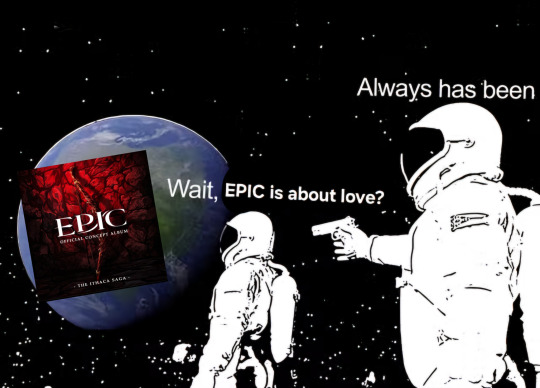
#bigsischats#meme#epic the musical#epic the ithaca saga#epic the vengeance saga#epic the wisdom saga#epic the thunder saga#epic the circe saga#epic the troy saga#epic the ocean saga#epic the cyclops saga#epic the underworld saga#epic athena#epic odysseus#epic telemachus#epic penelope#epic eurylochus#epic polites#epic poseidon#epic zeus#epic hermes#epic fandom#epic the musical fandom#greek mythology#tagamemnon#epic musical#the odyssey#jorge rivera herrans
17K notes
·
View notes
Text
HERE. IT. IS.
THE. ART.
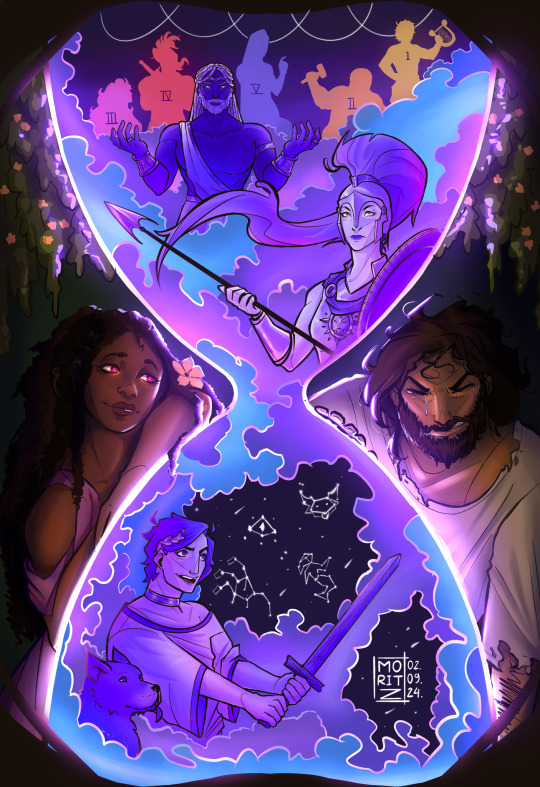
#epic the musical#epic the thunder saga#epic the wisdom saga#epic the underworld saga#epic the troy saga#epic the circe saga#epic the ocean saga#epic the cyclops saga#epic the ithaca saga#epic the vengeance saga#epic telemachus#epic calypso#epic zeus#epic odysseus#odysseus#penelope and odysseus#epic athena#zeus#athena#athena goddess of wisdom#the odyssey#epic fanart#epic hera#epic ares#epic apollo#epic hephaestus#epic aphrodite#digital art#digital artist#art
14K notes
·
View notes
Text
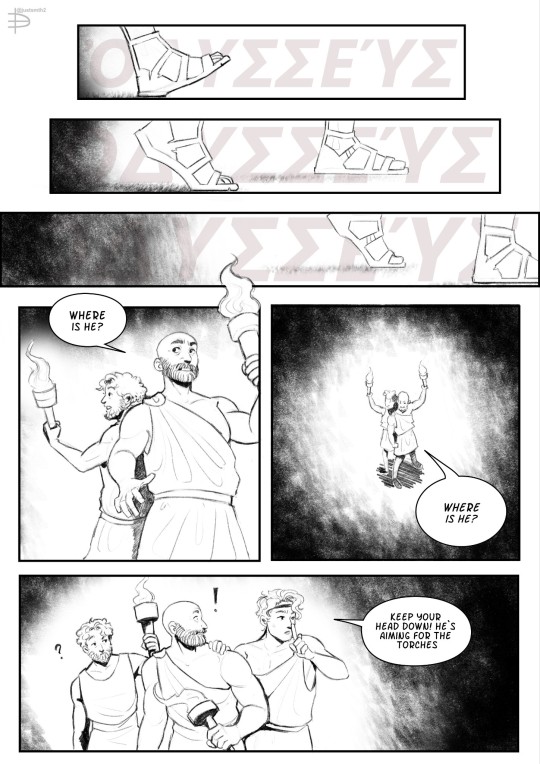
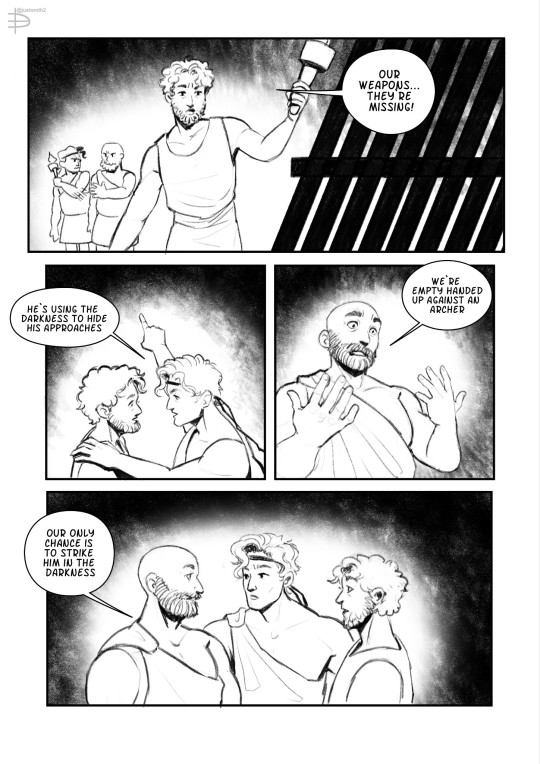
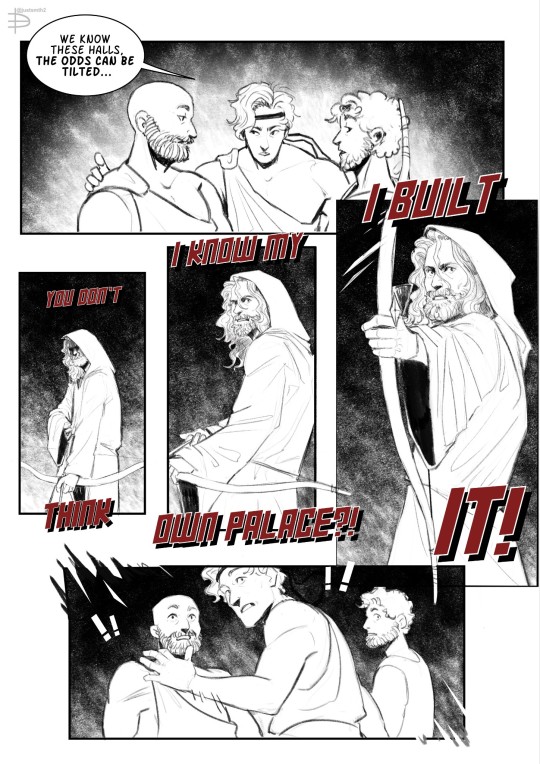
*in penelope's costume* this is my husband
#like i know that the vengeance saga just came out#but I'm ready for the next one#fanart#my art#epic the musical#odysseus epic#the odyssey#epic the vengeance saga#epic the thunder saga#epic the ithaca saga#epic the cyclops saga#epic the troy saga#epic the wisdom saga#epic the ocean saga#epic the circe saga#the illiad#odysseus
8K notes
·
View notes